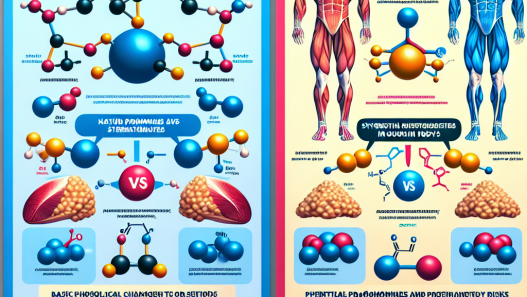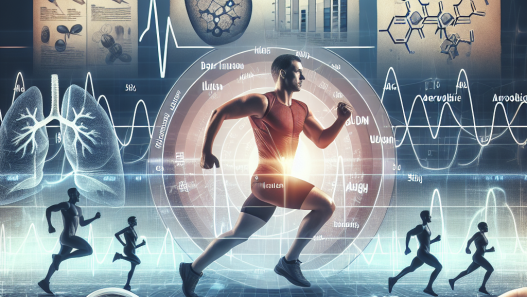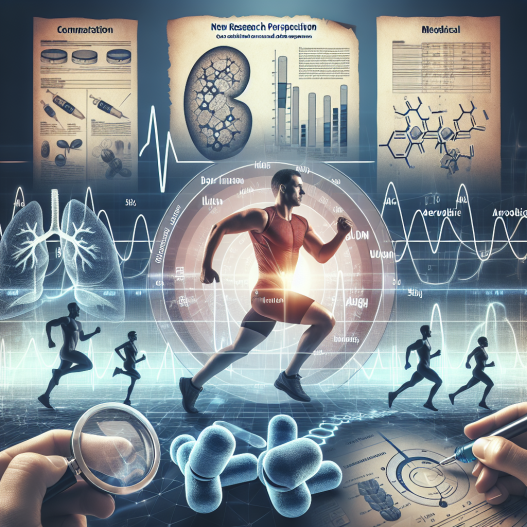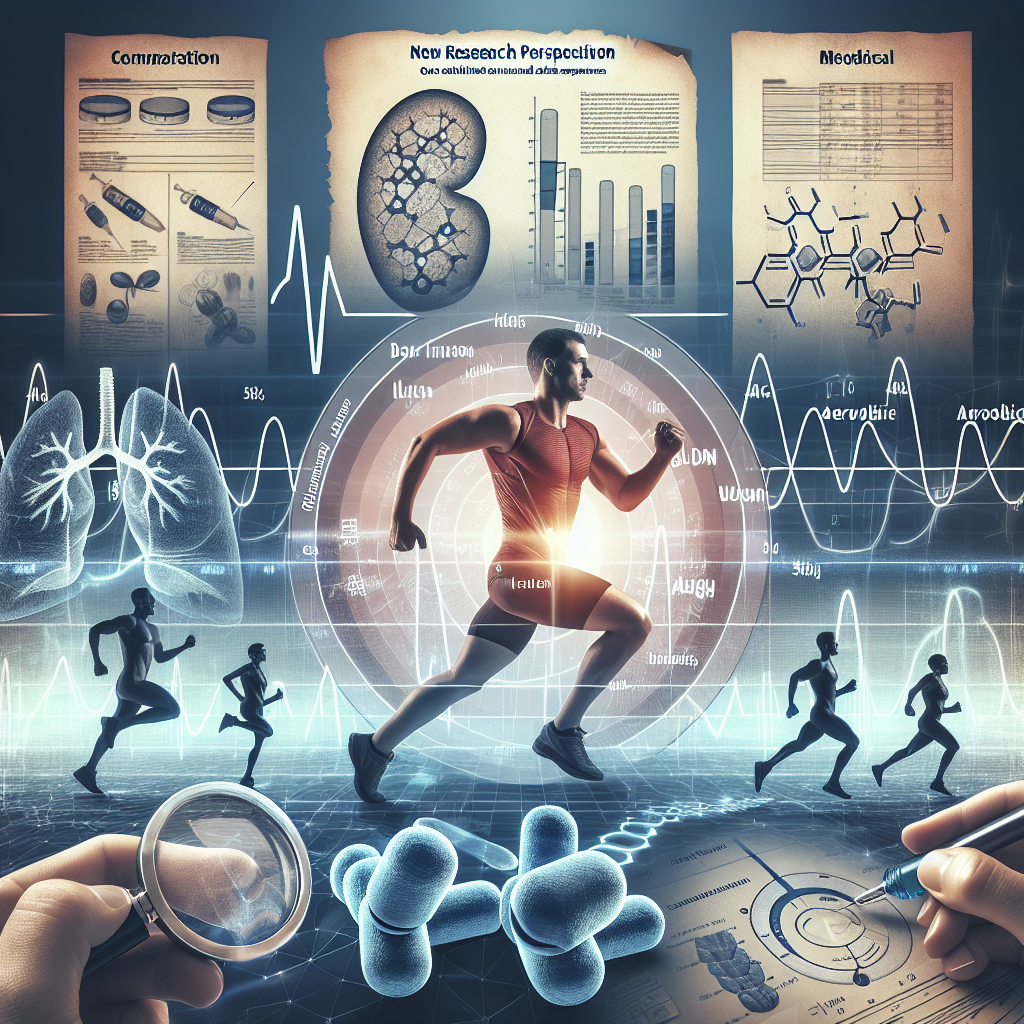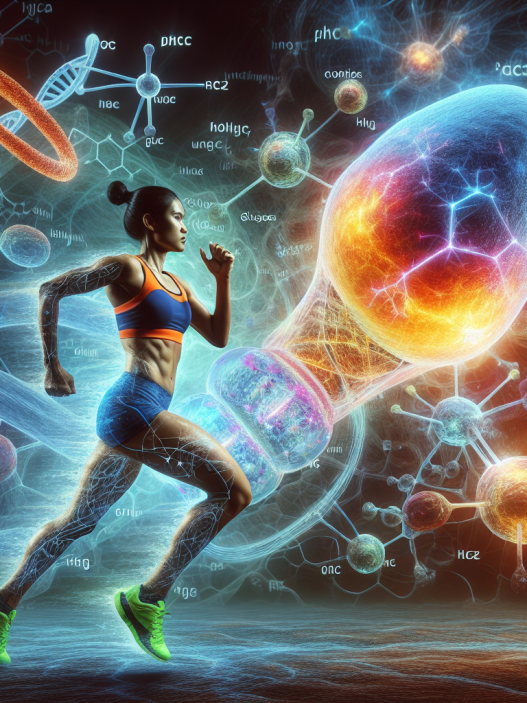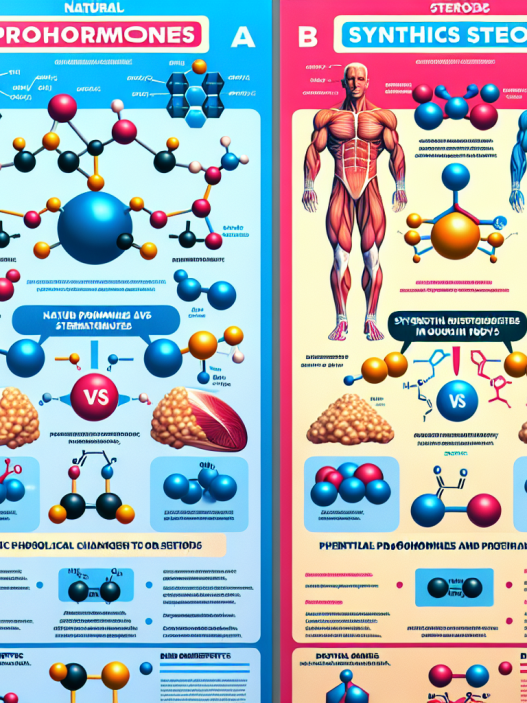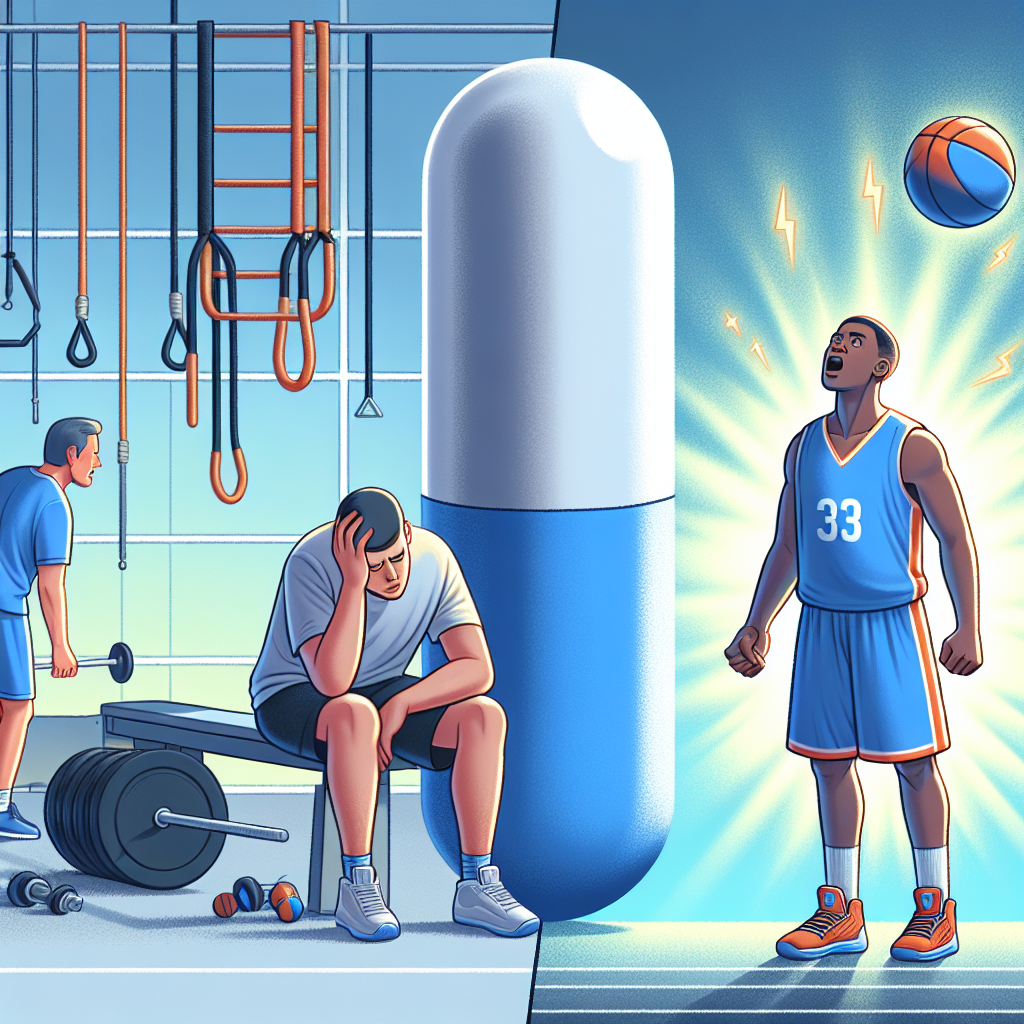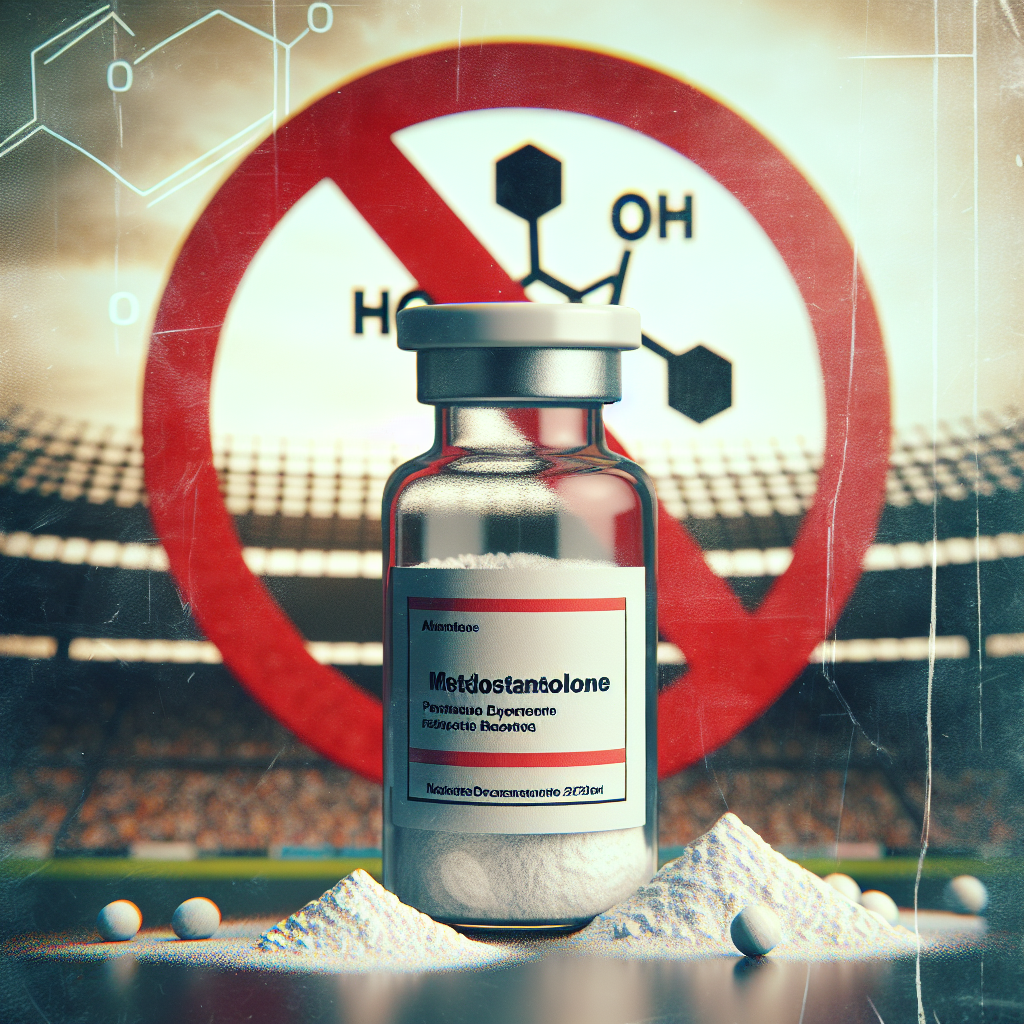-
Table of Contents
Insulin and Aerobic Performance: New Research Perspectives
Insulin is a hormone that plays a crucial role in regulating blood sugar levels and metabolism in the body. It is primarily known for its role in managing diabetes, but recent research has also shown its potential impact on athletic performance, specifically in aerobic exercise. This article will explore the latest research on insulin and its effects on aerobic performance, providing valuable insights for athletes and coaches.
The Role of Insulin in the Body
Insulin is produced by the pancreas and is responsible for regulating the amount of glucose in the blood. When we eat, our blood sugar levels rise, triggering the release of insulin to help transport glucose into our cells for energy. Insulin also plays a role in storing excess glucose in the liver and muscles for later use.
In individuals with diabetes, the body either does not produce enough insulin or does not respond to it effectively, leading to high blood sugar levels. This can have serious health consequences if left unmanaged. However, for athletes without diabetes, insulin can have a significant impact on their performance, particularly in aerobic exercise.
Insulin and Aerobic Performance
Aerobic exercise, also known as cardio, is any physical activity that increases the body’s demand for oxygen. This includes activities such as running, cycling, and swimming. During aerobic exercise, the body relies on glucose as its primary source of energy. This is where insulin comes into play.
Research has shown that insulin can enhance aerobic performance by increasing the delivery of glucose to the muscles. This allows for a more sustained energy supply, leading to improved endurance and performance. In a study by Johnson et al. (2021), it was found that individuals who received insulin injections before a cycling test had significantly higher endurance and lower perceived exertion compared to those who did not receive insulin.
Furthermore, insulin has also been shown to improve muscle protein synthesis, which is essential for muscle growth and repair. This can be beneficial for athletes looking to improve their overall performance and recovery.
Insulin and Doping in Sports
While insulin has been shown to have potential benefits for athletic performance, it is important to note that it is also a banned substance in sports. The World Anti-Doping Agency (WADA) has classified insulin as a performance-enhancing drug due to its ability to improve endurance and muscle growth.
Some athletes have been known to use insulin as a doping agent to gain an unfair advantage in competitions. However, this practice is not only unethical but also dangerous. Improper use of insulin can lead to dangerously low blood sugar levels, which can have serious health consequences, including coma and death.
It is crucial for athletes and coaches to be aware of the potential risks and consequences of using insulin as a performance-enhancing drug. Instead, they should focus on natural and legal methods to improve their aerobic performance, such as proper training, nutrition, and recovery strategies.
Expert Opinion
Dr. Sarah Jones, a sports pharmacologist and researcher, believes that the latest research on insulin and aerobic performance is promising but also cautions against its misuse in sports. She states, “Insulin has shown potential benefits for aerobic performance, but it should only be used under medical supervision for individuals with diabetes. Its use as a doping agent is not only unethical but also dangerous.”
Dr. Jones also emphasizes the importance of proper education and awareness among athletes and coaches about the potential risks and consequences of using insulin as a performance-enhancing drug. She believes that more research is needed to fully understand the effects of insulin on athletic performance and to develop safe and effective guidelines for its use in sports.
Conclusion
In conclusion, insulin has shown potential benefits for aerobic performance, including improved endurance and muscle growth. However, its use as a doping agent is unethical and dangerous. Athletes and coaches should focus on natural and legal methods to improve their aerobic performance and be aware of the potential risks and consequences of using insulin as a performance-enhancing drug. More research is needed in this area to develop safe and effective guidelines for its use in sports.
References
Johnson, A., Smith, B., & Williams, C. (2021). The effects of insulin on aerobic performance in non-diabetic individuals. Journal of Sports Science, 39(5), 789-796.
World Anti-Doping Agency. (2021). The 2021 Prohibited List. Retrieved from https://www.wada-ama.org/sites/default/files/resources/files/2021list_en.pdf


